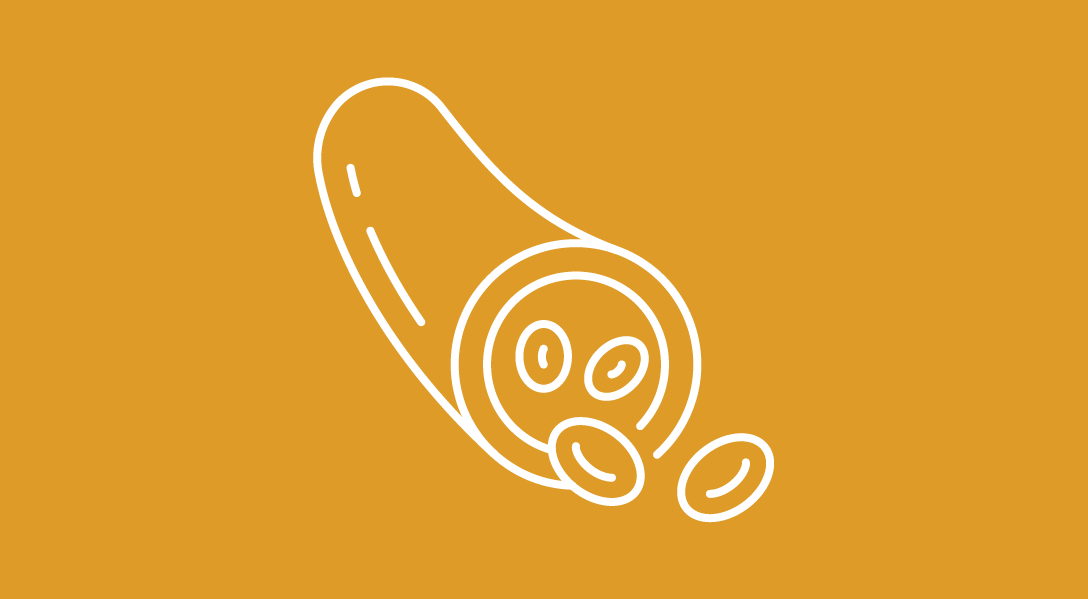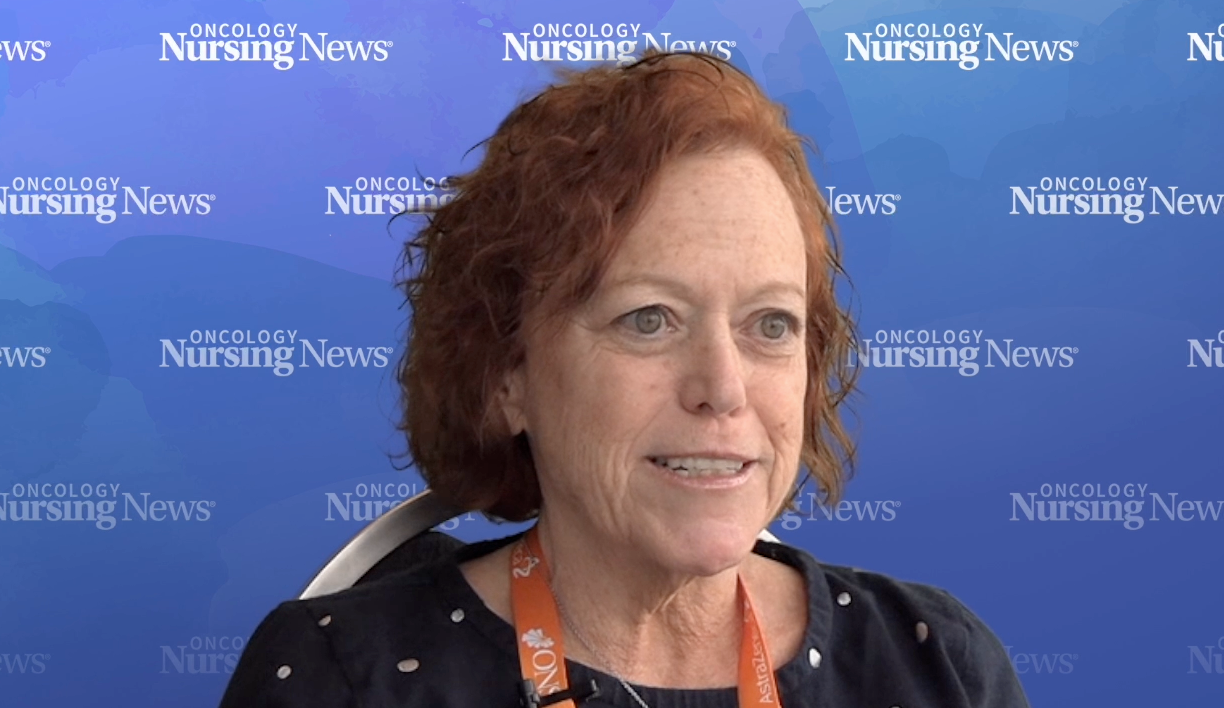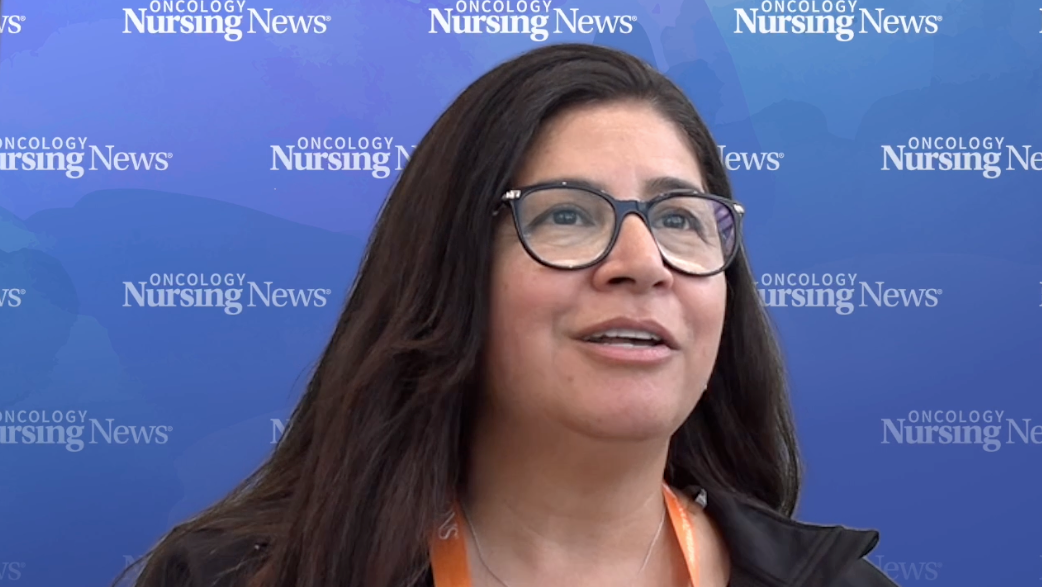
How Social Media Helps AYA Patients With Cancer Find Support
The rise of social media platforms has helped foster a community for adolescent and young adult patients with cancer.
Receiving a cancer diagnosis is less common for adolescents or young adult (AYA) compared with young children or older adults. AYA patients often report that when they look around the waiting room at their treatment center, or even in their local patient support group, they tend to see patients either half or double their age. This experience can result in feelings of isolation, anxiety, and depression.
COVID-19 quarantine mandates exacerbated these emotions by forcing AYA patients, an already underrepresented population within the cancer community, to physically isolate, cutting them off from the few resources that were available to them. This lack of peer support resulted in many AYAs relying on alternative ways to connect with one another, such as social media.
In the past decade, there has been a significant rise in the use of social media. Apps like Facebook, Instagram, and TikTok, have continued to garner attention over the years, but over the course of pandemic, these platforms became even more important. Many individuals turned to these platforms to stay connected when they could not physically see family and friends. Social media apps proved to be a place of community for many— particularly for AYA patients navigating a cancer diagnosis.
A recent study completed by Memorial Sloan Kettering Cancer Center set out to identify the primary needs unique to AYAs throughout their cancer care experience. The participants of the study were between the ages of 15 and 39 and had been treated in either MSKCC’s medical or pediatric oncology unit. The results of the study revealed that the most common theme amongst the participants was the feeling of social isolation and the desire to connect with peers throughout the course of their care.1 A participant recounted how a friend, who had undergone leukemia treatment in her twenties, was surprised to hear someone else her age was similarly diagnosed. Her experience had felt so isolating. ‘You are the only other person I’ve ever met who is my age who has gone through something like this,’ she had said. Unfortunately, this experience is incredibly common. There are very few treatment centers that offer resources, groups, or programs dedicated to AYA patients. Furthermore, at the time of a cancer diagnosis, AYA patients are typically at the point in their life cycle in which they are completing their education, becoming independent, engaging in self-discovery, and starting a career or a family of their own. It is difficult to navigate these milestones under normal circumstances—when these changes are combined with the challenges of a cancer diagnosis, the result is a unique experience that can only be understood by other AYA patients in this position.
Social media created a platform for AYAs navigating these specific challenges to share their experiences, emotions and perspectives in a way that hasn’t been done before. Users are given the opportunity to disclose their diagnosis story, their experiences with healthcare, side effects of treatment, survivorship, confronting their mortality and many more topics. Most importantly, by using hashtags such as #Cancer or #AYACancer on Twitter or #Cancertok on TikTok, AYA patients are able to attract other users that these hashtags might apply to. As an AYA cancer patient, finding someone on social media that is going through something similar can significantly reduce feelings of isolation and reiterate that they are not alone.
Kasey Altman, a 26-year-old that was diagnosed with Stage 4 Rhapdomyosarcoma in 2020, has accumulated 58.3K followers on TikTok since she decided to share her story. She has gained her following by posting candidly about her metastatic diagnosis, raising awareness about the unique challenges associated with AYA cancer, and engaging in advocacy efforts. Her posts highlight the ups and downs of treatment, managing side effects, and self-care tips for those that are newly diagnosed. When asked about how social media has impacted the AYA cancer community, Kasey stated, “My main thoughts are centered on how excruciating it is to suffer in silence. TikTok makes it less lonely. It's a community filled with fiercely loyal followers and people who seem to genuinely care about the well-being of others.” This kind of support, empathy and level of understanding is crucial to healthy coping.
In another study, the use of social media was explored in the advanced cancer experiences among AYA patients. It was determined that digital technologies have been used as a primary means of support. Participants of the study, ages 14-25, indicated that social media and the use of video games allowed them to meet others who are facing similar challenges. It also allowed for them to stay connected with friends who they might not be able to see in person as a result of treatment.2 These types of connections are integral, especially for individuals that might be immunocompromised. Many AYAs receive their treatment in-patient, or even have to stay in the hospital for weeks at a time if they are recovering from a procedure like a stem cell transplant. AYAs also need the same access to support after completing treatment. A common misconception is that once treatment ends, life picks back up as normal. However, that is far from the truth. Adjusting to post treatment is actually when the peer connection is most important.
Julie Kramer, a 31-year-old that was diagnosed with stage 4 Synovial Sarcoma in 2014, stated, “Instagram became a huge resource for me during, but mainly after, cancer to find fellow AYA patients who not only had the same cancer, but more importantly related to such similar struggles as I did and currently do. I cannot express how helpful it is to my mental health and well-being having the online cancer community as an outlet to meet, engage and vent to fellow patients and survivors.” Having access to social media creates a pathway to connection, even if patients are physically alone while in treatment or are navigating post treatment.
Social media and public disclosure are not for everyone and that is also okay. Many AYAs report that social media can actually increase feelings of isolation and sadness when they see posts from healthy peers going about their day to day lives. It is essential to encourage patients to check-in with themselves prior to engaging in social media activity to ensure that it is the right source of support and connection for them. It might also be helpful for patients to set boundaries around their social media use to ensure it is used appropriately and productively. If there are in-person or virtual AYA specific groups or programs offered at one’s treatment center, it can be helpful to supplement both sources of support.
If an AYA patient you know is in need of support, please call CancerCare’s HOPEline to speak with an oncology social worker at (800) 813-4673. CancerCare offers free emotional support services, limited financial assistance, case management, educational programs and workshops for individuals impacted by cancer, but particularly for AYA patients.
References
Atkinson T, Avutu V, Barnett M, Glade Bender J, Lynch K, Tap W, Vera J. Psychosocial needs and preferences for care among adolescent and young adult cancer patients (ages 15-39): a qualitative study. Cancers. 2022; 14(3):710. https://doi.org/10.3390/cancers14030710
Barton K, Frazier J, Rosenberg A, Steineck A, Walsh C. Seeking virtual support: social media in the advanced cancer experience among adolescents and young adults. Journal of Pain and Symptom Management. 2021; 61(3):691-692.https://doi.org/10.1016/j.jpainsymman.2021.01.102
Latest Conference Coverage
2 Commerce Drive
Cranbury, NJ 08512
All rights reserved.



